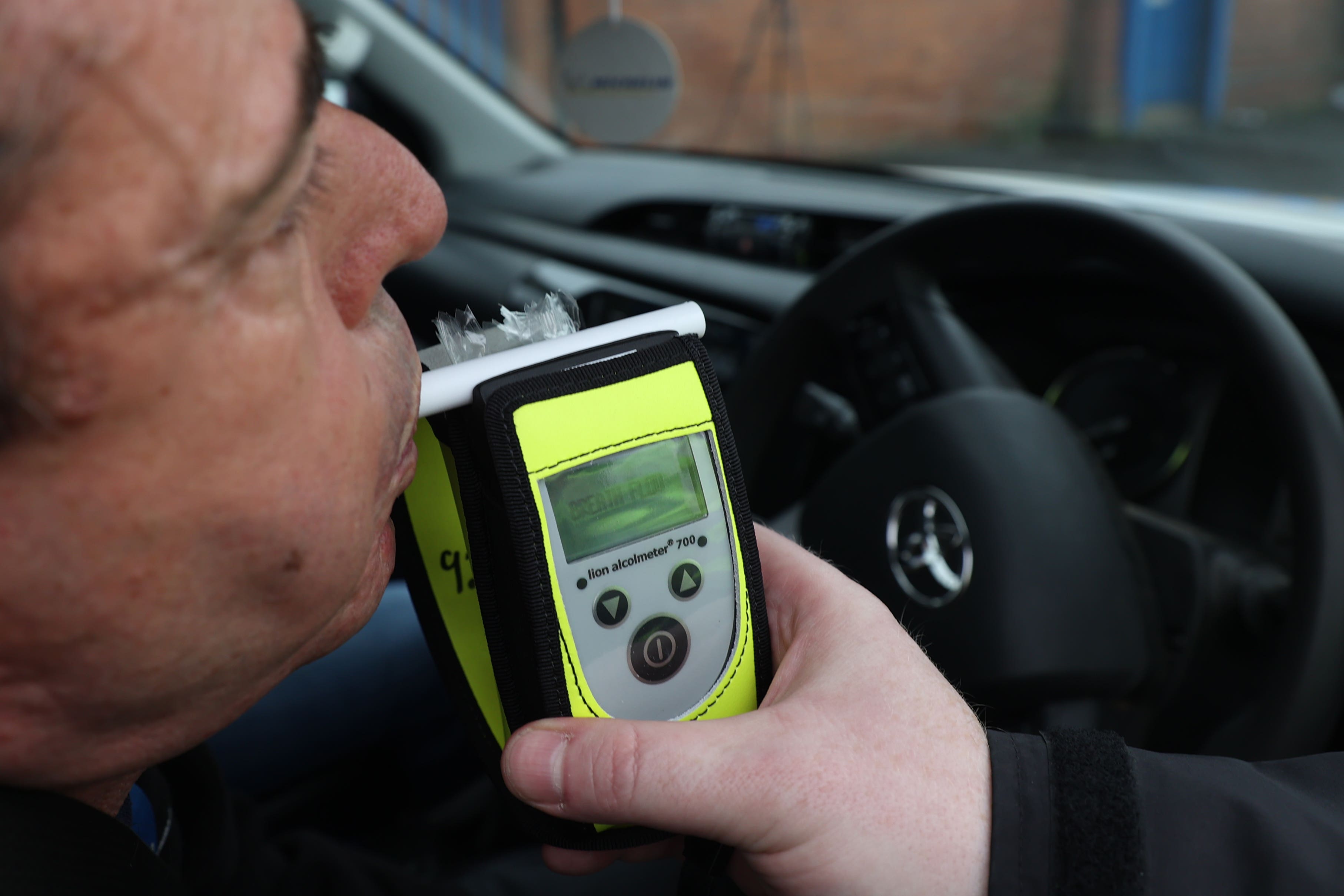British Medical Association to campaign for drink-drive limit to be lowered
The drink drive limit in England, Wales and Northern Ireland is among the highest of European nations.

Your support helps us to tell the story
From reproductive rights to climate change to Big Tech, The Independent is on the ground when the story is developing. Whether it's investigating the financials of Elon Musk's pro-Trump PAC or producing our latest documentary, 'The A Word', which shines a light on the American women fighting for reproductive rights, we know how important it is to parse out the facts from the messaging.
At such a critical moment in US history, we need reporters on the ground. Your donation allows us to keep sending journalists to speak to both sides of the story.
The Independent is trusted by Americans across the entire political spectrum. And unlike many other quality news outlets, we choose not to lock Americans out of our reporting and analysis with paywalls. We believe quality journalism should be available to everyone, paid for by those who can afford it.
Your support makes all the difference.The British Medical Association (BMA) will campaign to lower the legal blood alcohol limit for drink driving in the UK, members have decided.
At the organisation’s annual representative meeting in Liverpool, a motion was brought by the BMA’s North West Regional Council with a call to campaign to bring down the limit to the average of European nations.
The move was passed by members, attending both in person and remotely.
At the moment, the legal limit for driving after consuming alcohol in England, Wales and Northern Ireland is 80 milligrams of alcohol per 100 millilitres of blood, or 35 micrograms of alcohol per 100 millilitres of breath.
Our campaign says it needs to recognise we need more service. That requires more funding, more training, more professionals, more experts, more specialists
The limit is among the highest in Europe.
In Scotland, the limit was brought down to 50 milligrams of alcohol in every 100 millilitres of blood in 2014.
As part of the campaign, the BMA will also aim to educate the public on the risks of drug-driving and improve the provision of drug and alcohol services in the community.
Speaking in favour of the motion, Dr Simon Minkoff said: “We need society to understand impairment caused by various medications and other substances, and that we choose to change our ideas and the accepted norms.”
He added that the funding for current drug and alcohol services is “woeful” and leaves communities “unable to deliver a meaningful service”.
He said: “Our campaign says it needs to recognise we need more service. That requires more funding, more training, more professionals, more experts, more specialists.”
The BMA will also work to remind doctors of current professional guidelines relating to driving.
“We need to commission fully-funded, fit-for-purpose, drug and alcohol services across the UK.”